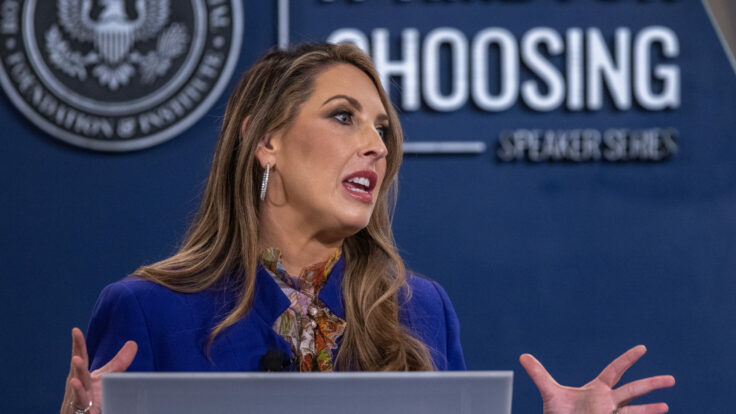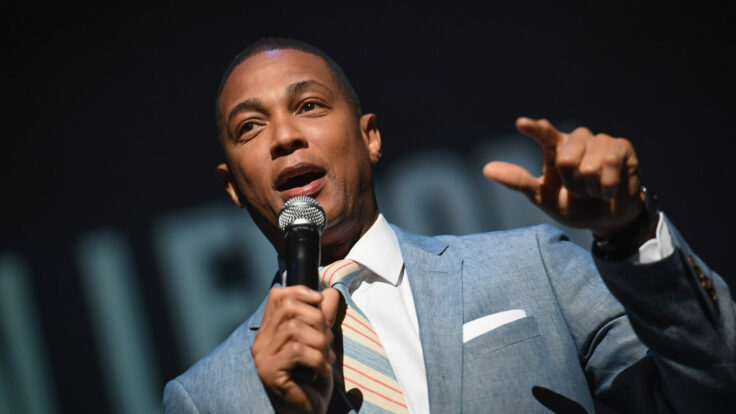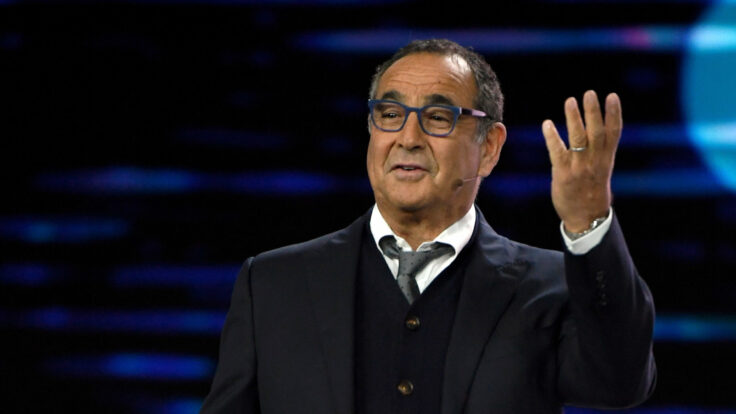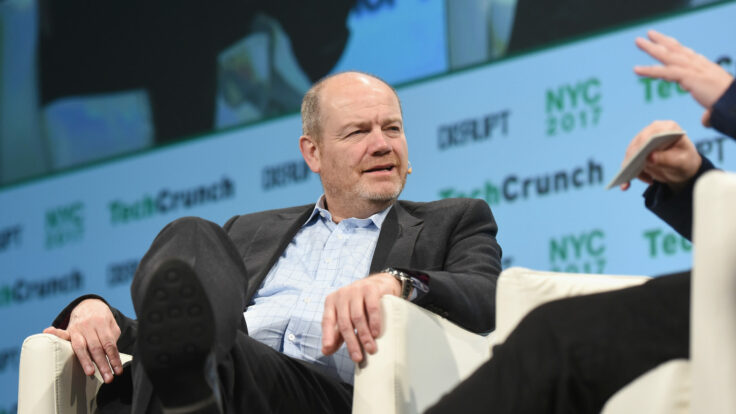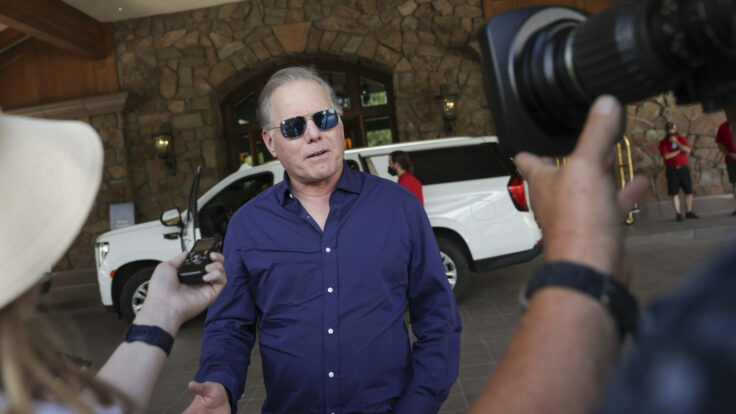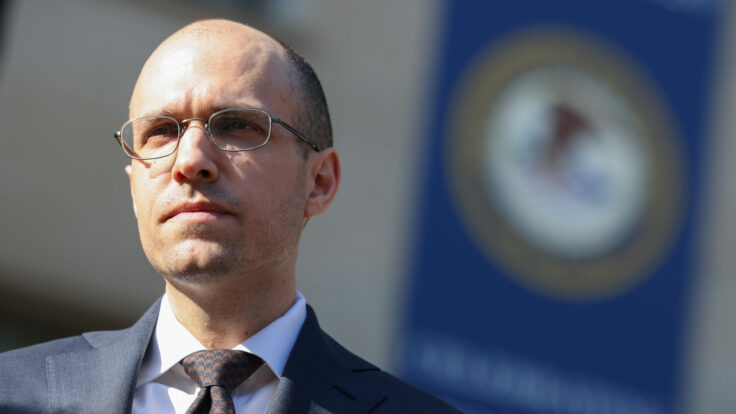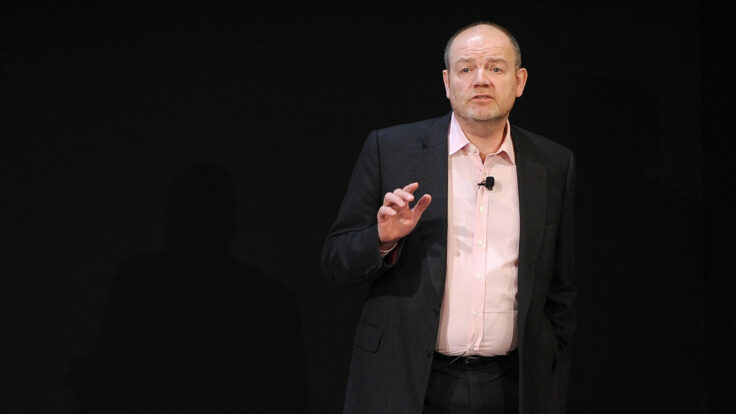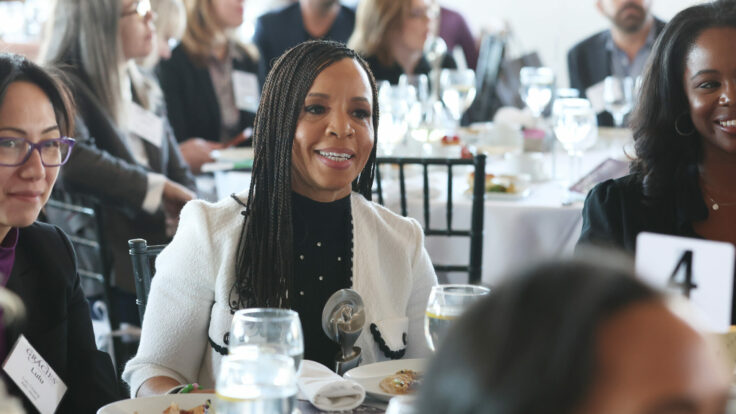Back in October, I shared the story of the first professional masterstroke of David Zaslav, the new King of Hollywood, who was part of the team of legendary GE executives, along with Jack Welch and Bob Wright, who first saw the promise of cable television through their ownership of NBC. In 1989, with Wall Street still enduring one of its periodic post-crash malaises, NBC paid $140 million for half of Chuck Dolan’s Rainbow Properties, a goodie bag of cable assets that contained Bravo, AMC, and other sports broadcasting entities. Welch, Zaz’s mentor, also pushed for deals to acquire Court TV and The History Channel. Welch and Zaslav, among a few others, were also the driving forces behind the creation of both CNBC and MSNBC. When everyone else was playing the linear game, the GE executives foresaw the dawn of the next epoch.
If GE was clever enough to see around the corners of network television, why wasn’t it able to envision the inevitable pivot toward streaming content over the Internet directly into our homes? This phenomenon, of course, has created behemoths out of the likes of Netflix, Disney, and Zaslav’s about-to-be merged company, Warner Bros. Discovery. In fact, streaming and the streaming wars are pretty much all anyone in Hollywood is talking about these days—and pretty much all that Wall Street is valuing in these companies—as my partner Matt Belloni has documented beautifully.






